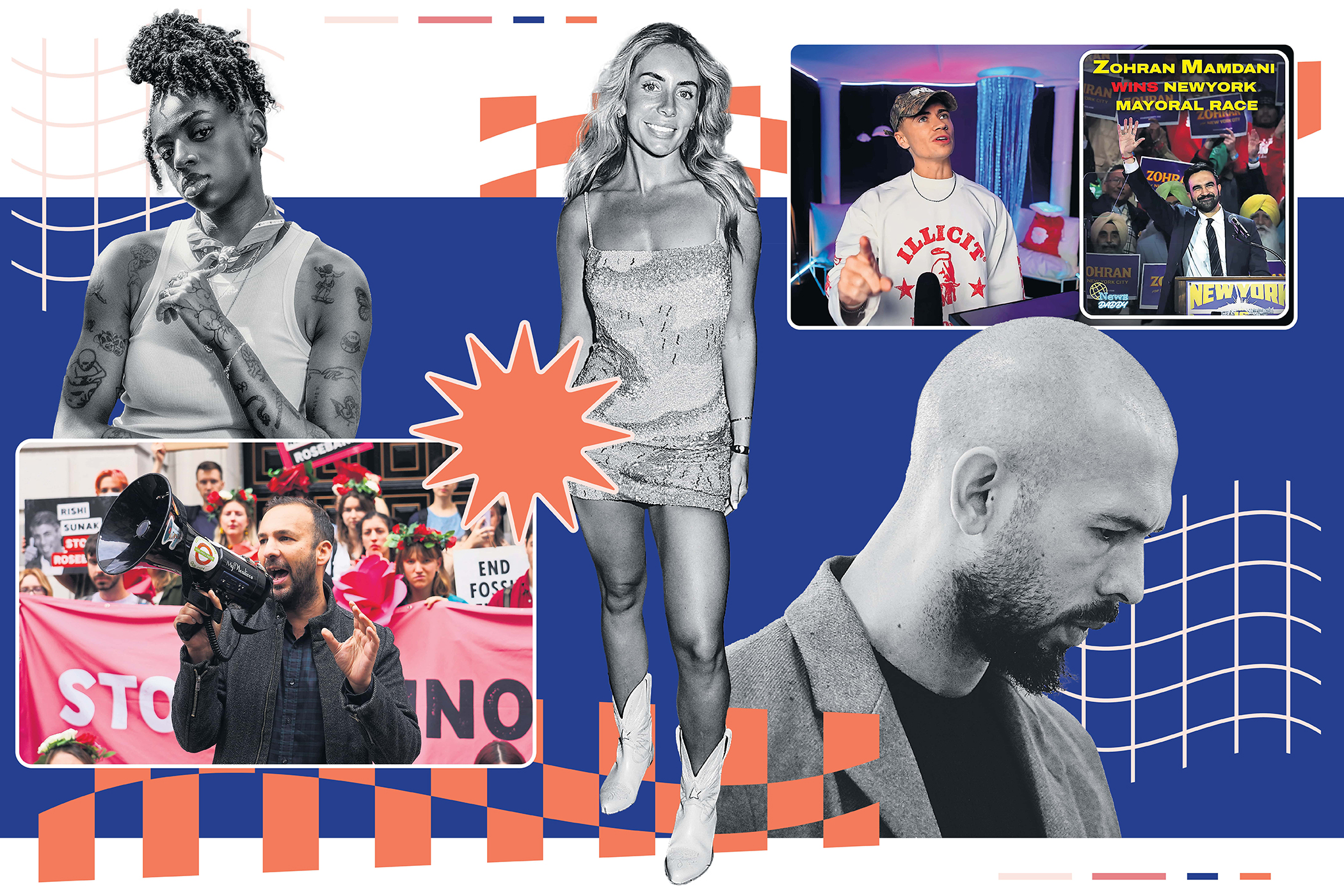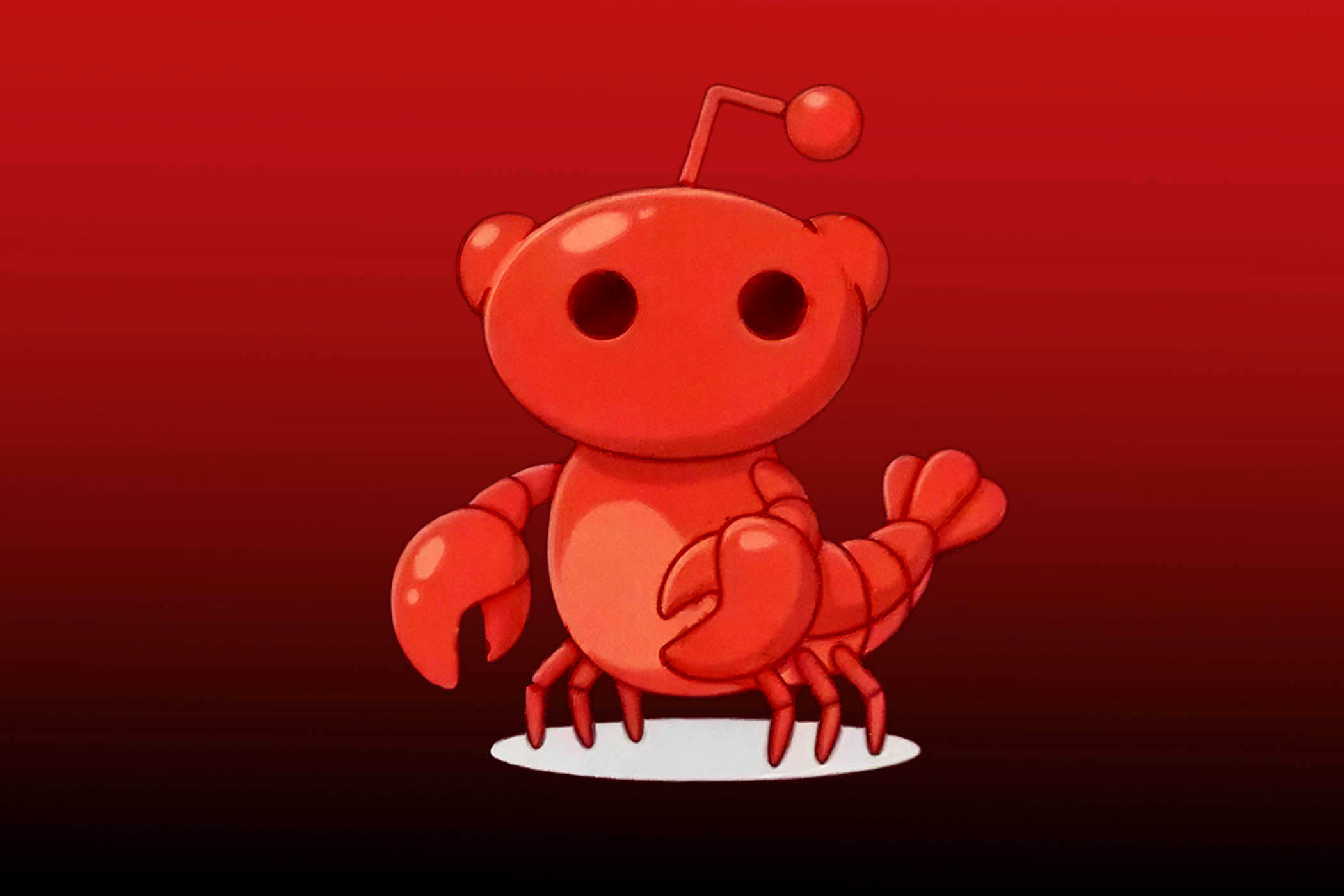Corrupted by Andrew Tate. Addicted to porn. Endlessly scrolling their lives away online… We are told on a daily basis that Gen Z are the lost generation.
But is any of it true? To find out, we travelled the length and breadth of the country over the course of a year – from Uxbridge to Wigan, Birmingham to Sunderland – listening carefully to more than 700 16-year-olds. After all, they’re going to get the vote soon and few people have bothered to understand what they are thinking.
We come from different backgrounds: a mid-50s, white ex-headteacher and former political strategist from London, and a mid-20s, black researcher and writer from Manchester.
Through our conversations with young people, we found a different story. Not a lost generation but one forced to grow up faster – navigating crisis and contradiction with remarkable resilience.
The real challenge for society lies not just in their online worlds but in how little we have invested in their offline lives
The real challenge for society lies not just in their online worlds but in how little we have invested in their offline lives
They are testing values, building communities and seeking meaning in places adults rarely look. The real challenge for society lies not just in their online worlds but in how little we have invested in their offline lives.
When we began our research, one name dominated the conversation about 16-year-olds: Andrew Tate.
The influencer was treated as the answer to every question about young men and social media. How do we explain the rise in misogyny? Tate. Why are teenage boys disillusioned? Tate. What’s behind the anti-feminist backlash? Tate. Andrew Tate, so the argument went, was a one-man radicalisation machine.
But when we started talking to young people, we soon realised something important. Andrew Tate is dead.
Related articles:
Not literally, of course. But in the way young people use the term – meaning irrelevant, finished, past it. He was mentioned during our conversations, but not with the same weight that the media gives him.
He is “just a meme now”, said some. Many others rolled their eyes, describing him as someone who still pops up online but doesn’t matter any more.
Newsletters
Choose the newsletters you want to receive
View more
For information about how The Observer protects your data, read our Privacy Policy
The digital landscape is complicated, fragmented and dynamic: rather than following one person’s “ideology”, young people are immersed in a constant stream of content. They are “influenced” by tens if not hundreds of creators. And they are incredibly skilled at navigating this world – the good, the bad and the confusing.
That doesn’t mean it doesn’t have an impact on them. There is an increased blurring between everyday vlogging and explicit adult material shared online. This is reshaping how young people think about sex, intimacy and their own self-worth.
The most famous of these influencers is Bonnie Blue, an OnlyFans creator who made headlines for reputedly earning more than £600,000 a month from sexually explicit videos.
Then there are those providing punchier news than the mainstream news broadcasters. Pre-eminent among them is Dylan Page, better known as News Daddy. He has millions of followers and delivers global headlines with clarity and speed.
Young people may get their news from social media feeds, but they often have news apps with the notifications turned on. They google information they don’t believe, and in one school at least a quarter of students said they still sat down and watched the 10 o’clock news with their parents. A far cry from the panic we have about an ill-informed generation untethered from “real news”.
A lot of young people have a strong impulse for self-improvement – an impulse many politicians and policy makers simply don’t understand. In our sessions, young men often said they were trying to distance themselves from the label of “toxic masculinity” rather than defend it.
They spoke about wanting to be respectful, disciplined and emotionally stronger, but also about how confusing those expectations can feel.
Girls recognised this tension too. While they were clear that sexual harassment remained a serious problem, many said they could see that boys “have it hard in different ways”.
Much of their time online is dedicated to ‘maximising’ themselves. Sometimes this is about hustle culture – the drive to constantly improve, make money and get “ripped”. Many described practices such as “monk mode” and “dopamine detoxes”, where they cut out pleasure or distraction to regain focus and control. At times, this modern form of self-discipline can slip into an unhealthy obsession. As one Sunderland student put it, “you feel you’re never doing enough”, while another said “everyone online looks successful and it makes you feel behind”.
Many girls were influenced by celebrity culture – following stars such as Taylor Swift, Selena Gomez or Bella Hadid. The continuing importance of traditional celebrities is a reflection, perhaps, that there’s quite a lot about teenage life today that is recognisable to previous generations.
For many young people, social media is not something they log into, it is something they live in. As a student from Bristol said: “I’ll be scrolling in the morning before I have even brushed my teeth. It’s how I wake up.”
Young people are much better at navigating online harm than we give them credit for. We know there are dangers and so do they. But we were struck by how little teachers, and indeed politicians, understand this world and the huge variety of content consumed by young people.
Our conversations made us more optimistic about young people and more angry that politics is currently incapable of meeting their needs.
One of the main reasons young people spend so much time online is the lack of alternatives. When they fear going out, and when there are few local places for them to socialise, many believe their bedroom is the safest place to be.
The next generation knows they aren’t taken seriously. If there is one good thing that might come out of giving 16-year-olds the vote, it might be that politicians start believing that their voices matters.
Why focus on 16-year-olds?
Gen Z is a meaningless term. A 15- and 28-year-old inhabit different digital realities. We drew on writer Kyla Scanlon’s analysis of online culture and generational change to define the three waves of Gen Z:
Gen Z 1.0 (aged 23 to 28) recall flip phones. They grew up with early social media such as Facebook, where digital life complemented the real world rather than dominated it. Many finished school or university during the pandemic lockdowns.
Gen Z 1.5 (aged 18 to 23) are the Covid cohort. They learned online, lived through long restrictions, and often bear the emotional aftermath of isolation. They are comfortable spending hours online, but also aware of how draining that can be.
Gen Z 2.0 (aged 15 to 18) are growing up in a world defined by TikTok, hyper-interactivity and algorithmic immersion. For them, the online world is not separate from real life. They use AI tools like ChatGPT routinely for schoolwork, entertainment and even friendship.
The report Inside the Mind of a 16-Year-Old, by Shuab Gamote and Peter Hyman is out this week, published by the thinktank Demos. Peter Hyman’s Substack, Changing the Story, has more commentary on the report
Illustration by Observer design
More from The Observer


